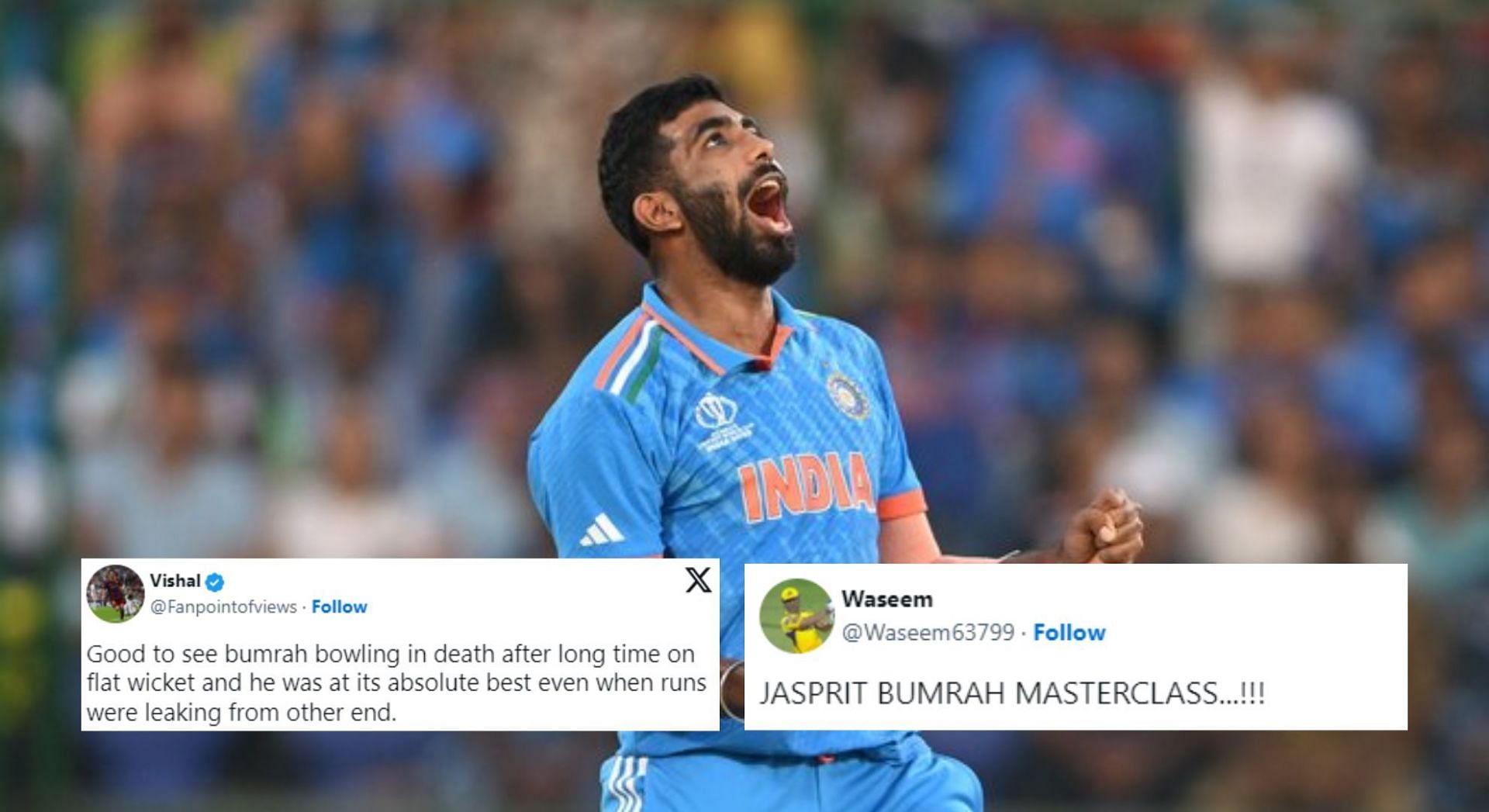Conventional wisdom is that more information is always better, but oncologist Vinay Prasad rejects that way of thinking and argues that cancer screenings can do more harm than good. We love bucking conventional wisdom here on EconTalk, and we hope you find this conversation illuminating.
Deciding what cancer screenings to receive or not is something most people don’t even realize is a decision, but Prasad wants you to question blind acceptance of the status quo to make better choices for your health. I was surprised to learn that oncologists generally have no way to tell if a cancer in a particular patient is likely to grow quickly (and be a threat) or stagnate and pose no threat.
Let us know what you thought was interesting about this conversation. Join us in the comments, or use the prompts below to start your own conversation offline.
1 – Prasad describes cancers as farm animals to illustrate the potential effectiveness of treatments. Did anything about that metaphor for cancer surprise you or seem different from the conventional narrative about cancer?
2 – Some people dismiss concerns about over-diagnosis of cancers with, “Just don’t treat it then. It is better to know if there is a cancer.” What is the problem with that way of thinking from Prasad’s perspective?
3 – Patients generally feel good about having their cancer removed and say that the screening saved their lives even though many incidents of cancer would have never grown or spread. Do you think this is an insurmountable problem for Prasad’s attempt to increase skepticism of cancer screening? What evidence do you think might be persuasive to patients considering screening?
4 – Why is it important to know the “all cause” mortality rate after cancer treatment rather than just the mortality rate from that cancer? How does the example of breast cancer treatment illustrate this difference?
5 – Prasad emphasizes that one of the problems with screenings is the lack of informed consent – patients are encouraged to receive the screening as a matter of routine with no discussion of the potential risks. Why do doctors present the screenings this way? What changes do you think would reduce this problem?















